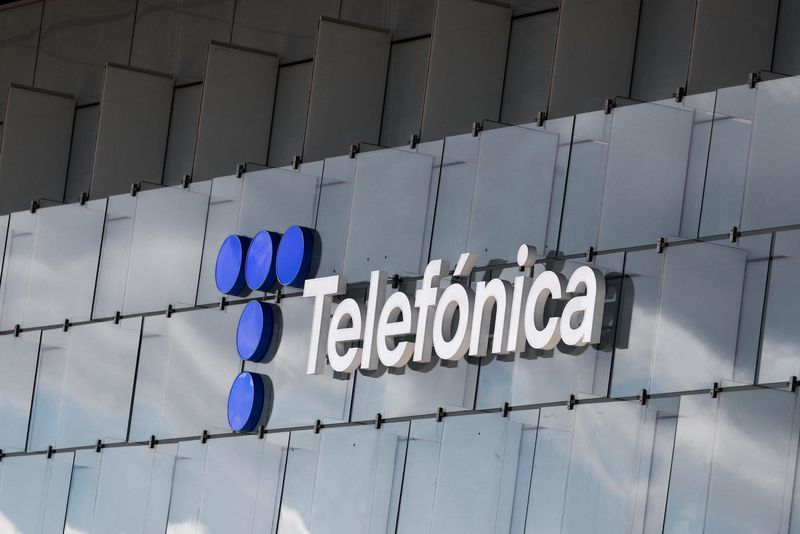Investing.com — Spain’s Telefonica (BME:) stands to benefit from a more “benign” interest rate cycle as well as a “much improved” market position for its Brazilian operations, according to analysts at HSBC.
In a note to clients upgrading their rating of the stock to “Hold” from “Reduce”, the analysts said the prospect of decreasing borrowing costs may mean that Telefonica’s “relatively higher” debt obligations “may be less under the spotlight.”
Meanwhile, the HSBC analysts said the “demise” of local player Oi in Brazil, which filed for a second bankruptcy protection process last year, should give Telefonica a “much improved” market structure in the country.
Telefonica has embarked on a recent push to focus its business on Spain, Brazil, Britain and Germany, and lower its exposure to other markets in Latin America, where costs have been elevated but returns weaker.
As part of that effort, Telefonica announced talks to dispose of its segment in Colombia to New York-listed peer Millicom (NASDAQ:), which provides telecom services in many Latin American countries under the Tigo name. Millicom has said it would pay $400 million in cash for Telefonica’s stake in the Colombian division.
If completed, the move would “finally [show] some tangible progress in tackling” Telefonica’s non-core assets exposure in Latin America, the HSBC analysts said.
The comments come after Telefonica, in which the Spanish government owns a 10% stake, posted second-quarter profit and sales that topped expectations. Chief Executive Jose Maria Alvarez Pallete told Reuters that growth accelerated across the company compared to the prior quarter, with expansion seen “in all our large business units.”
Net profit during the period of 447 million euros were well above company-provided analyst forecasts of 336 million euros, while revue of 10.26 billion euros also beat projections of 10.05 billion euros.
The company noted that its half-year returns also put it on track to meet its annual financial targets, according to Reuters.
Shares in Telefonica have risen by more than 17% this year.
(Reuters contributed reporting.)

